[Anchor]
U.S. President Trump had a lengthy phone call with Russian President Putin regarding negotiations over the Ukraine war.
However, the explanations provided by both sides after the call showed a significant difference in tone.
This is Kim Ji-sook reporting from Washington.
[Report]
As the face-to-face negotiations between Russia and Ukraine ended 'empty-handed', President Trump took the initiative to call President Putin directly.
After a call lasting over two hours, President Trump announced that a breakthrough had been made, stating that ceasefire and peace negotiations would begin immediately.
He also presented both carrots and sticks.
He mentioned that both Russia and Ukraine would benefit from large-scale trade once the war ends, referring to a rosy future.
At the same time, he pressured by keeping the possibility of sanctions against Russia open, suggesting that if negotiations do not progress, he would withdraw.
[Donald Trump/U.S. President: "(The red line exists) in my head, but not something I'm going to announce, but definitely in my head. Because this isn't our war."
However, President Putin, who was on the call, revealed that instead of mentioning 'negotiations', he agreed to a proposal outlining the 'framework for a peace agreement'.
[Vladimir Putin/Russian President: "(This memorandum) includes the conditions for a peace agreement and a ceasefire for a specific period."]
The precondition is the 'elimination of the root causes of the conflict'.
This suggests that Russia's core demands, such as halting Ukraine's NATO membership, have not changed.
Ukrainian President Zelensky also dismissed the idea of giving up territory and officially proposed a multilateral high-level meeting involving major European countries.
As no breakthrough in negotiations has been achieved even with direct involvement, there are assessments that President Trump feels limited in his mediation efforts.
However, the fact that the U.S. is not actively pursuing mediation is currently advantageous to the Russian side.
This is Kim Ji-sook reporting for KBS News from Washington.
U.S. President Trump had a lengthy phone call with Russian President Putin regarding negotiations over the Ukraine war.
However, the explanations provided by both sides after the call showed a significant difference in tone.
This is Kim Ji-sook reporting from Washington.
[Report]
As the face-to-face negotiations between Russia and Ukraine ended 'empty-handed', President Trump took the initiative to call President Putin directly.
After a call lasting over two hours, President Trump announced that a breakthrough had been made, stating that ceasefire and peace negotiations would begin immediately.
He also presented both carrots and sticks.
He mentioned that both Russia and Ukraine would benefit from large-scale trade once the war ends, referring to a rosy future.
At the same time, he pressured by keeping the possibility of sanctions against Russia open, suggesting that if negotiations do not progress, he would withdraw.
[Donald Trump/U.S. President: "(The red line exists) in my head, but not something I'm going to announce, but definitely in my head. Because this isn't our war."
However, President Putin, who was on the call, revealed that instead of mentioning 'negotiations', he agreed to a proposal outlining the 'framework for a peace agreement'.
[Vladimir Putin/Russian President: "(This memorandum) includes the conditions for a peace agreement and a ceasefire for a specific period."]
The precondition is the 'elimination of the root causes of the conflict'.
This suggests that Russia's core demands, such as halting Ukraine's NATO membership, have not changed.
Ukrainian President Zelensky also dismissed the idea of giving up territory and officially proposed a multilateral high-level meeting involving major European countries.
As no breakthrough in negotiations has been achieved even with direct involvement, there are assessments that President Trump feels limited in his mediation efforts.
However, the fact that the U.S. is not actively pursuing mediation is currently advantageous to the Russian side.
This is Kim Ji-sook reporting for KBS News from Washington.
■ 제보하기
▷ 카카오톡 : 'KBS제보' 검색, 채널 추가
▷ 전화 : 02-781-1234, 4444
▷ 이메일 : kbs1234@kbs.co.kr
▷ 유튜브, 네이버, 카카오에서도 KBS뉴스를 구독해주세요!
- Trump-Putin call on Ukraine war
-
- 입력 2025-05-21 05:16:14
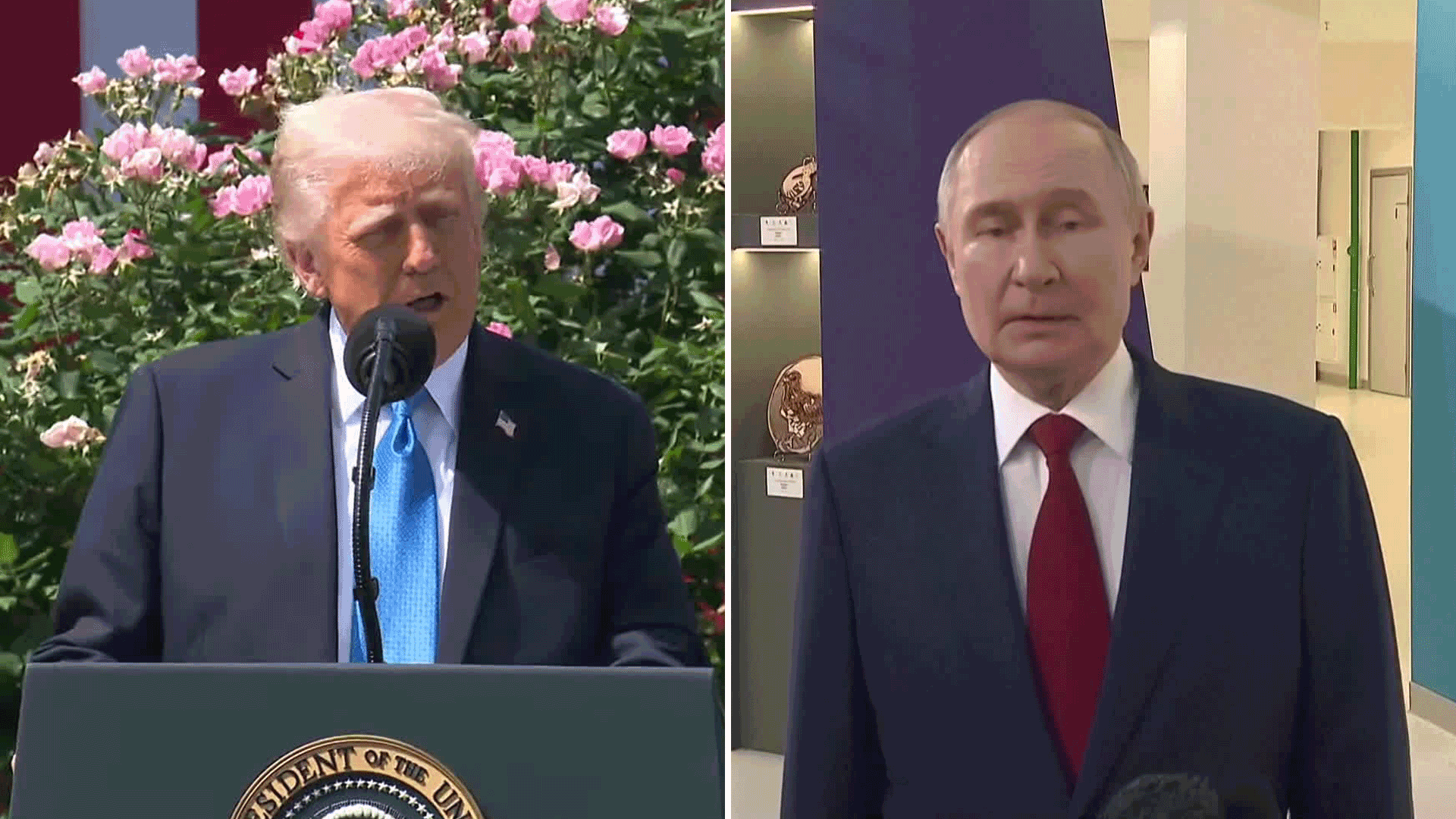
[Anchor]
U.S. President Trump had a lengthy phone call with Russian President Putin regarding negotiations over the Ukraine war.
However, the explanations provided by both sides after the call showed a significant difference in tone.
This is Kim Ji-sook reporting from Washington.
[Report]
As the face-to-face negotiations between Russia and Ukraine ended 'empty-handed', President Trump took the initiative to call President Putin directly.
After a call lasting over two hours, President Trump announced that a breakthrough had been made, stating that ceasefire and peace negotiations would begin immediately.
He also presented both carrots and sticks.
He mentioned that both Russia and Ukraine would benefit from large-scale trade once the war ends, referring to a rosy future.
At the same time, he pressured by keeping the possibility of sanctions against Russia open, suggesting that if negotiations do not progress, he would withdraw.
[Donald Trump/U.S. President: "(The red line exists) in my head, but not something I'm going to announce, but definitely in my head. Because this isn't our war."
However, President Putin, who was on the call, revealed that instead of mentioning 'negotiations', he agreed to a proposal outlining the 'framework for a peace agreement'.
[Vladimir Putin/Russian President: "(This memorandum) includes the conditions for a peace agreement and a ceasefire for a specific period."]
The precondition is the 'elimination of the root causes of the conflict'.
This suggests that Russia's core demands, such as halting Ukraine's NATO membership, have not changed.
Ukrainian President Zelensky also dismissed the idea of giving up territory and officially proposed a multilateral high-level meeting involving major European countries.
As no breakthrough in negotiations has been achieved even with direct involvement, there are assessments that President Trump feels limited in his mediation efforts.
However, the fact that the U.S. is not actively pursuing mediation is currently advantageous to the Russian side.
This is Kim Ji-sook reporting for KBS News from Washington.
U.S. President Trump had a lengthy phone call with Russian President Putin regarding negotiations over the Ukraine war.
However, the explanations provided by both sides after the call showed a significant difference in tone.
This is Kim Ji-sook reporting from Washington.
[Report]
As the face-to-face negotiations between Russia and Ukraine ended 'empty-handed', President Trump took the initiative to call President Putin directly.
After a call lasting over two hours, President Trump announced that a breakthrough had been made, stating that ceasefire and peace negotiations would begin immediately.
He also presented both carrots and sticks.
He mentioned that both Russia and Ukraine would benefit from large-scale trade once the war ends, referring to a rosy future.
At the same time, he pressured by keeping the possibility of sanctions against Russia open, suggesting that if negotiations do not progress, he would withdraw.
[Donald Trump/U.S. President: "(The red line exists) in my head, but not something I'm going to announce, but definitely in my head. Because this isn't our war."
However, President Putin, who was on the call, revealed that instead of mentioning 'negotiations', he agreed to a proposal outlining the 'framework for a peace agreement'.
[Vladimir Putin/Russian President: "(This memorandum) includes the conditions for a peace agreement and a ceasefire for a specific period."]
The precondition is the 'elimination of the root causes of the conflict'.
This suggests that Russia's core demands, such as halting Ukraine's NATO membership, have not changed.
Ukrainian President Zelensky also dismissed the idea of giving up territory and officially proposed a multilateral high-level meeting involving major European countries.
As no breakthrough in negotiations has been achieved even with direct involvement, there are assessments that President Trump feels limited in his mediation efforts.
However, the fact that the U.S. is not actively pursuing mediation is currently advantageous to the Russian side.
This is Kim Ji-sook reporting for KBS News from Washington.
-
-

김지숙 기자 jskim84@kbs.co.kr
김지숙 기자의 기사 모음
-
이 기사가 좋으셨다면
-
좋아요
0
-
응원해요
0
-
후속 원해요
0










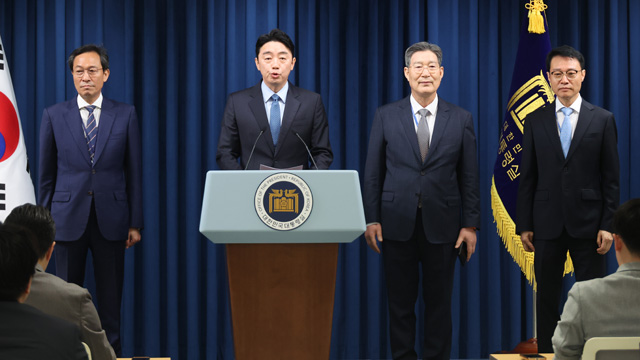
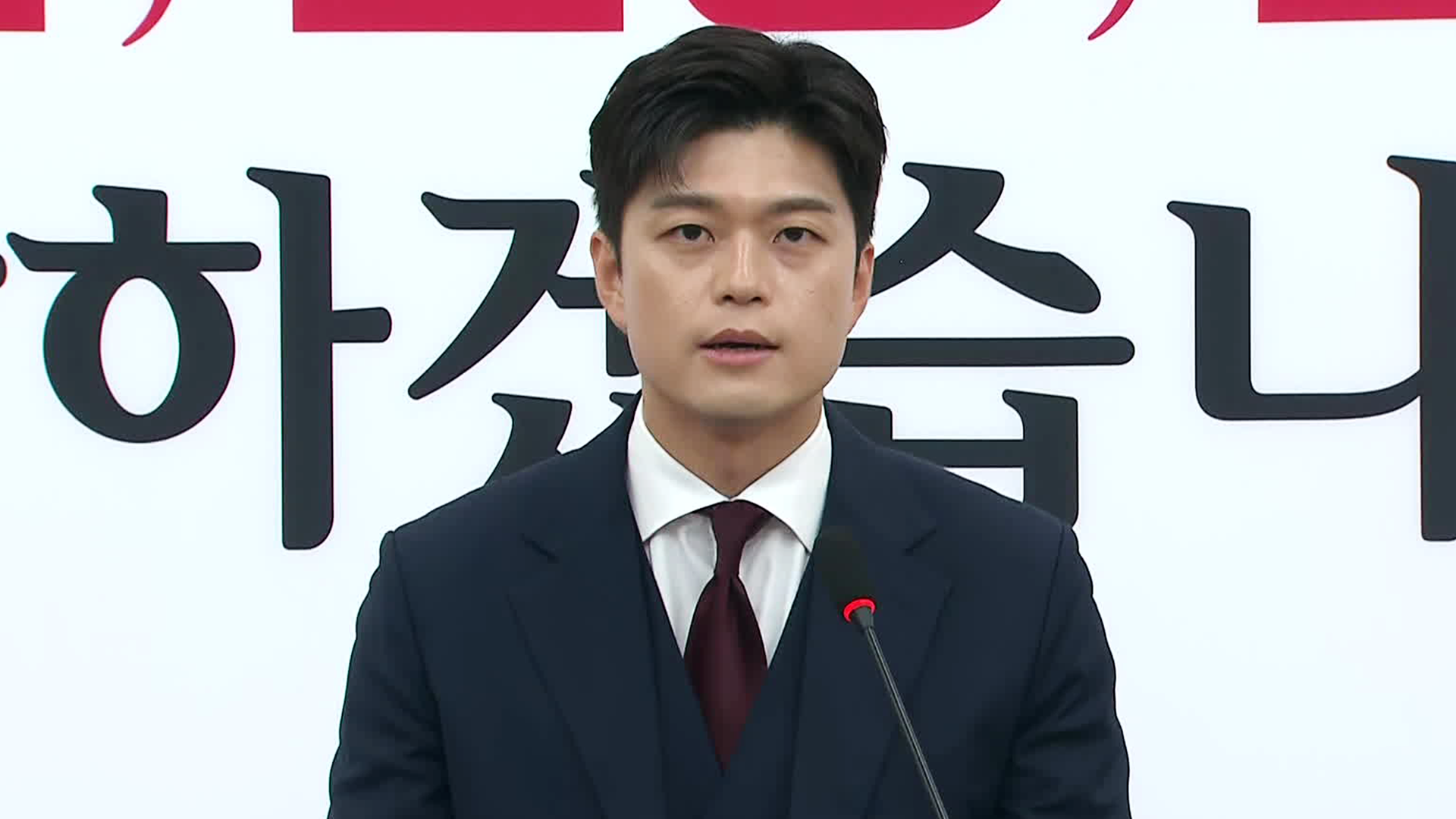
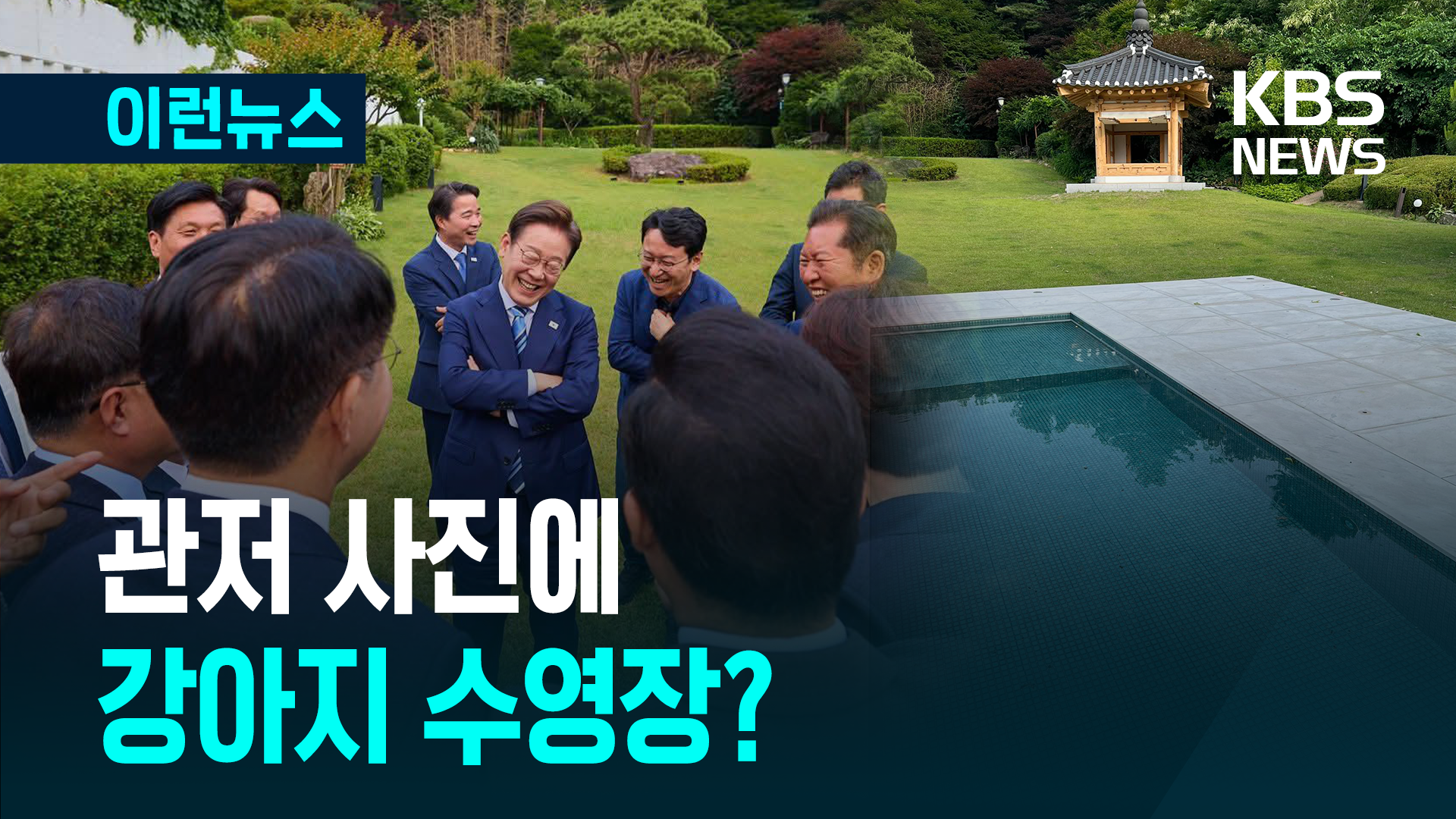
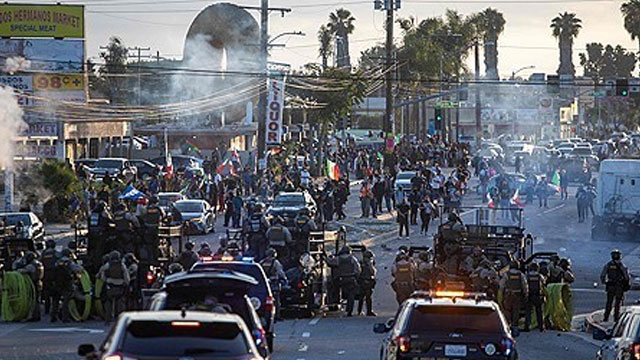

이 기사에 대한 의견을 남겨주세요.